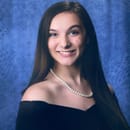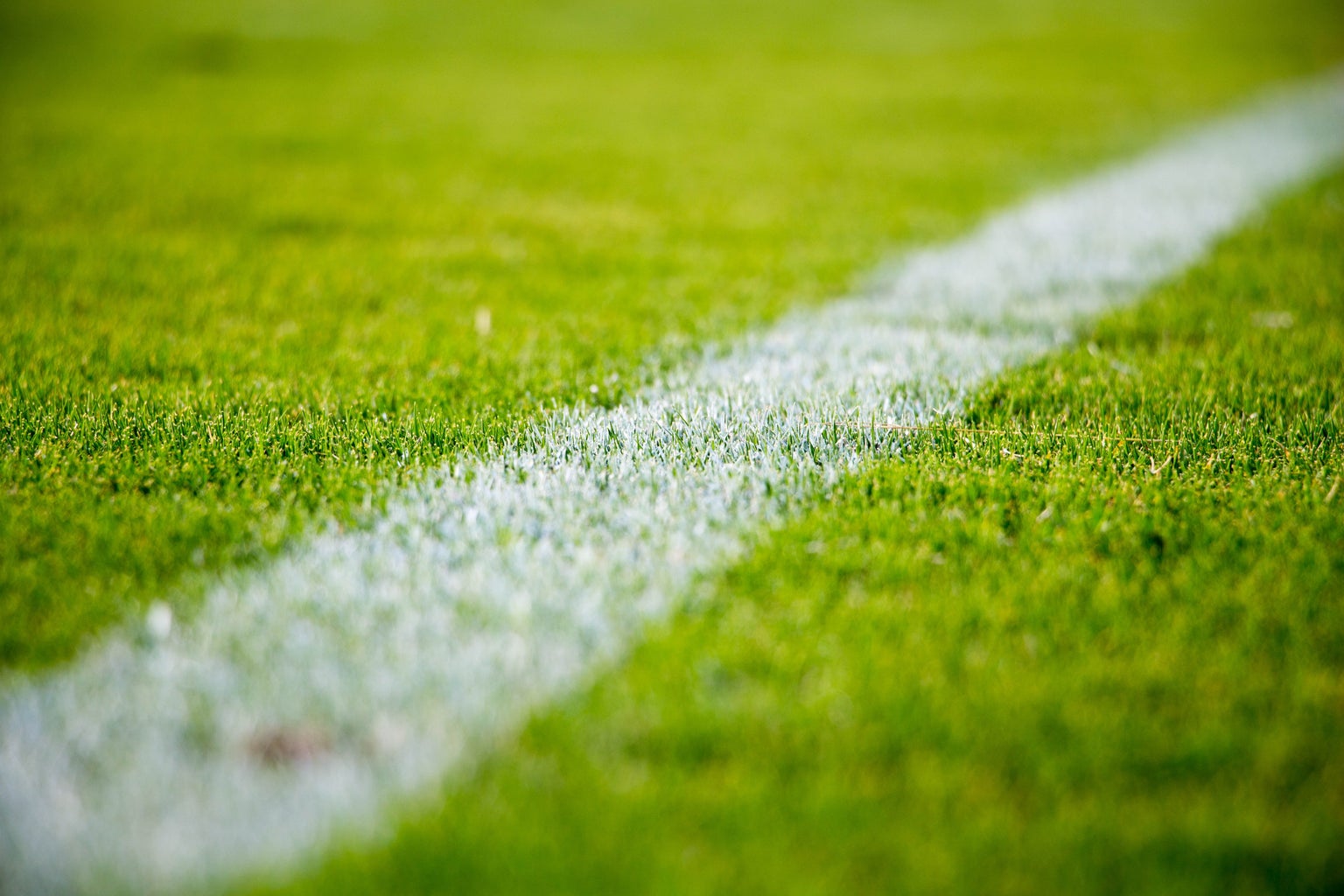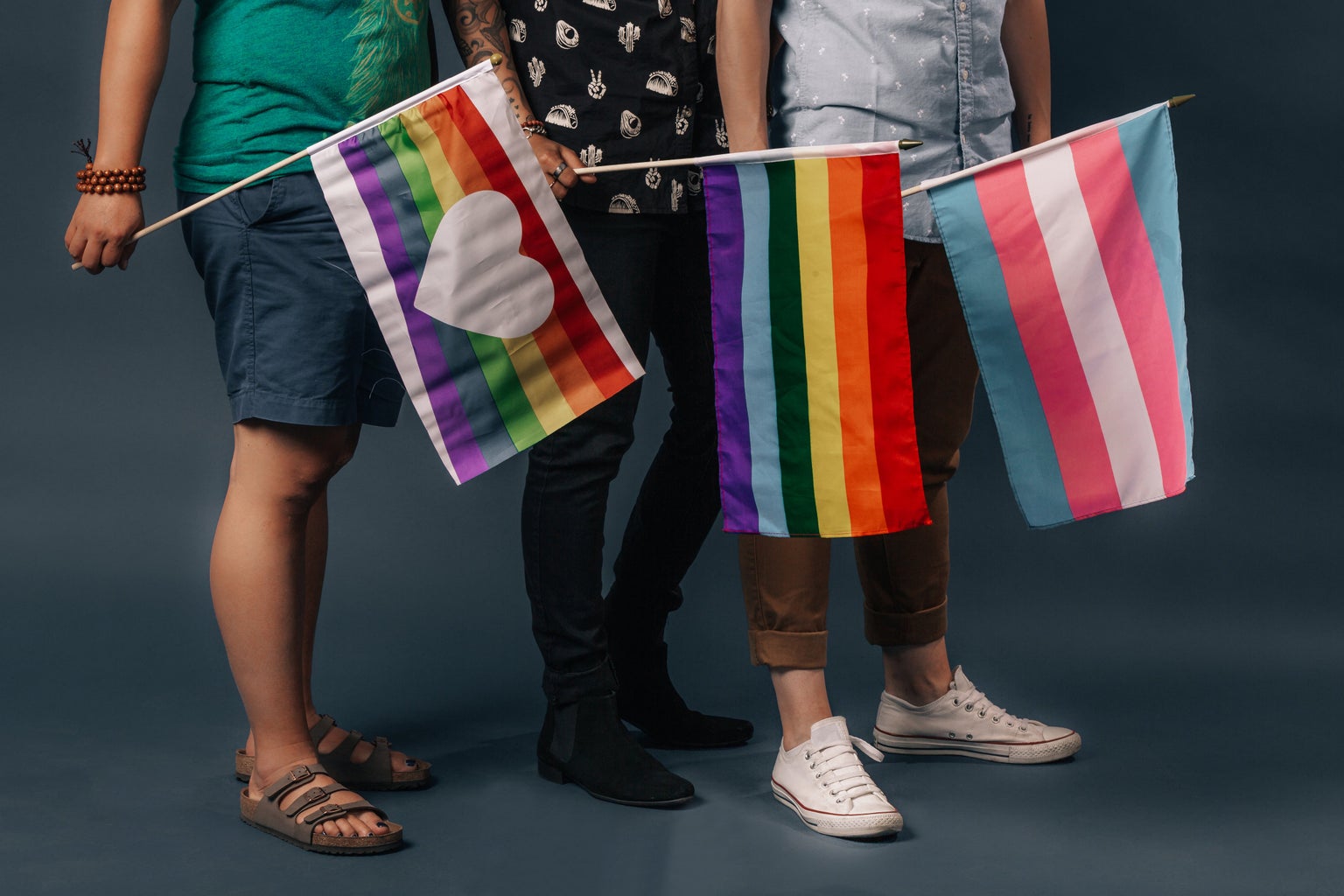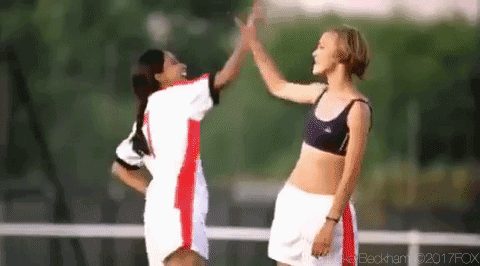Spaces not traditionally for LGBTQ+ students in college culture have been coined as “queer” at American University (AU) due to the large population of students that identify within the LGBTQ+ community on the campus.
Club teams such as the Dirty Ladies women’s ultimate frisbee club team, challenge the traditional ways of understanding sports culture.
Sarah Golder is the Vice President of the Dirty Ladies and she expressed her feelings on the community the team brings to AU and the frisbee scene on a collegiate level.
Q: Tell me about ultimate frisbee. Go into it with your experience at AU or before, if you did that, or if it’s a new thing you just wanted to pick up.
Golder: I knew about Ultimate Frisbee before coming to AU. It was a big thing at my summer camp that I went to when I was little and my brother did it too, but it wasn’t a thing at my high school so I didn’t do it in a club or anything before coming to AU.
I didn’t realize we had an AU club freshman year, which I’m really sad I didn’t know, because I totally would have done it freshman year if I knew. I found some table in the quad last year and was like, ‘Oh, I really want to join, I haven’t done frisbee in a while.’ Then I just kept going back because, A: it was fun. I liked Frisbee. I liked Frisbee already. It helped that I had a little bit of experience, but there’s so many people that come to the team that have absolutely no experience, and the fun thing about Ultimate is that it was made on a college campus.
It’s also really focused on community. For most of the games that you play you won’t have a referee. The idea is that if you feel like you’ve been fouled, you call it and you talk it out with the other person, and they can either say “no I didn’t foul you” and you talk it out or they can say “yeah I totally fouled you.” The only time you see referees is when you get to a really important game, like nationals or sectionals.
Q: What is it like to create that kind of community with other queer athletes?
Golder: Not everyone on the team is queer but it’s a joke that so many are. I’d say I’m comfortable with that term but I still don’t know what I am, you know, whatever, but there is still such an emphasis on it being a safe community. Everyone is always really focused on people being comfortable with each other and the spirit of the game. We’re mainly focused on everything being fun and building a community rather than winning every single game. I think that kind of fosters comfortableness besides the fact that a lot of people, especially on the Dirty Ladies, are queer.
I think it also helps that we’re a no cut team. It feels like a more open space because it’s a no cut team and it allows people, like I said, who’ve never played the sport before to come and learn. And there’s no expectation. You could have never played a sport in your entire life.
Q: Have you had any conversations about identity and some recent controversies? For example, for transgender individuals, the bans on playing in the division that aligns with their gender?
Golder: I don’t think we’ve had direct conversations about that. We’re mainly a woman and non-binary team. I think there’s kind of an expectation there that wherever you are, you’re accepted there. The men’s team is also a really safe community and that’s really emphasized. This year especially, the captains on both teams made sure to do a meeting with the Title IX office at the beginning of the year just talking about how to build a safe community. We have programs that we do together and sometimes we play together.
Q: Can you share your own feelings on the discourse around LGBTQ+ issues within sports?
Golder: I used to play soccer so I followed the women’s world cup really closely this summer, and I know that there were a lot of people wanting to wear pride captain bands, or something. A lot of people ended up painting their nails certain pride colors because that was one way to get around bans.
It’s definitely something that should be talked about. I think all sports should obviously be a safe place for anyone to play. I get frustrated because I feel like the main aspect of any sport should be having fun in that sport. And when you get so caught up with certain bans and stuff, it takes so much away from people that want to play. It’s like a release for people, you know, you’re supposed to like going to a sports practice and it’s something to get away from your stressful life.
Sports are an outlet for all people and can create a healthy community between rookie athletes and seasoned veterans. Club teams, such as the Dirty Ladies and other club teams, offer an inclusive environment whether that be of sexuality or gender.





